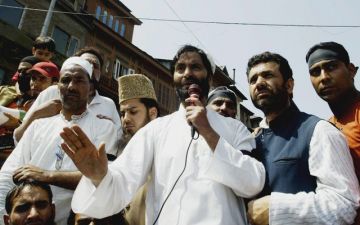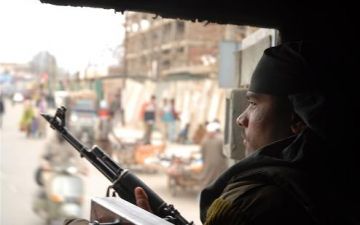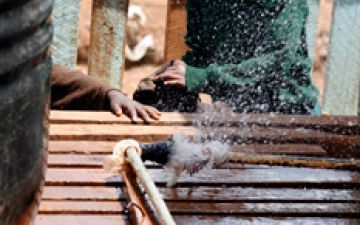Vietnam: The Price of Rice Video Slideshow
Rice is the staple of food of asia, and Vietnam is the second largest exporter of rice in the world, although it's a country about the size of California.
So the style of rice cultivation being practiced to produce such high yield is increasingly dependent on commercial fertilizers, to the point where now many farmers are only realizing a financial return large enough to buy their next year's supply of fertilizer.








